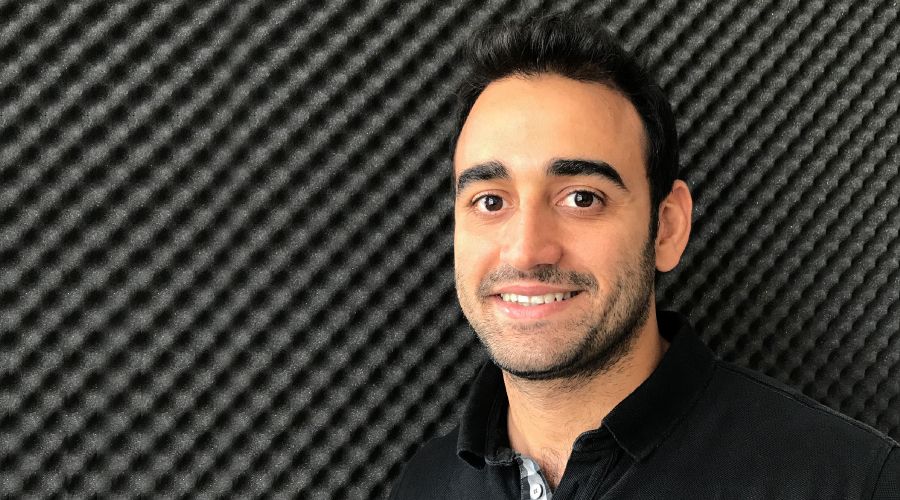In conversation with Ahmed Wadi of MoneyFellows

In a bid to fund his wedding, Ahmed Wadi realised he’d taken out the maximum loan limit from his bank and so he came up with the idea for MoneyFellows, an application that digitises and manages “gam’eya”, the informal lending circles commonly practised in Egypt. More formally, it is known as a Rotating Savings and Credit Association (ROSCA) where a small community of people contribute a fixed amount of money, taking it in turns to receive the whole sum every month.
Wadi founded MoneyFellows in 2016 in the United Kingdom with Adham Badr, but moved to Egypt and joined the Flat6labs incubator in Cairo where there is a greater need for financial technology (fintech) companies that focus on financial inclusion. The company has so far raised $600,000 and is currently looking to raise a Series A round.
We spoke with Wadi about his entrepreneurial journey.
Why did you become an entrepreneur?
I always wanted to do something challenging. With any challenge I face, I just usually go ahead and try to solve it myself, especially using technology, so that was the main reason behind MoneyFellows.
Was this your first experience of launching a startup?
I studied and worked in Germany and did a few startups there. In 2005 we built one of the very first object tracking software and we worked with some companies like Microsoft on this project, but we lacked the company aspect. We just built a solution that worked but we didn’t really monetise it. There was no acquisition, we just worked with the relevant department and we left and got on with our lives. We didn’t take the company seriously, I do have regrets, there was a lot we could have done to monetise it and maybe got something useful out of it, that was the first key learning. It’s not just about building a solution.
What were the main challenges when you started MoneyFellows?
Funding challenges and regulatory challenges. It was a chicken-egg problem. Investors in the financial sector are usually afraid to invest in startups that do not have a licence. We needed funding to grow and the regulators thought we were too small to regulate us or talk to us. For regulations, we understood that we do not fall under anything that breaks the law. We are now working closely with the Central Bank of Egypt (CBE) to issue regulations that best fit “gam’eya”. It was also a challenge to build credibility with customers, but it is getting much better now.
Our main challenge now is finding sophisticated tech talent such as data scientists.
What is the biggest sacrifice you have made?
It is all about sacrifices. I sold everything I had mainly to fund the company. Also, family time is compromised. I gave up almost everything I have, time, effort and money just to see this company thrive.
What are the most important lessons you have learned?
The balance between too patient and not being patient. Also, persistence because things take time and sometimes you need to adapt and change things that you think will never work. Also being close to the users is very important to build the right version based on the feedback and not on my own vision.
Why did you move from London to Cairo?
We went to the UK for MoneyFellows because of the Asian and African population who practice ROSCAs. We joined the startupbootcamp accelerator which really helped us. But although ROSCAs are common in the UK, there are a lot of alternatives for access to cheaper credit. So we moved to Cairo where it is very common here and access to credit is very hard.
How do you convince an unbanked population to trust an app with their money?
Most of our customers join through referrals so they are assured from their close friends. We do not really spend on marketing but we’re now working on onboarding people through offline channels. We are also in the process of partnering with on-ground channels to allow customers to join gam’eya” offline. They submit their documents and money manually instead of submitting on the app.
What will your industry look like in the next decade?
I think recently there are lots of startups tackling the financial sector and the CBE started putting regulations and plans in place. So, there is an acknowledgment at least for fintech. There is now more support and the whole country is moving towards financial inclusion.


